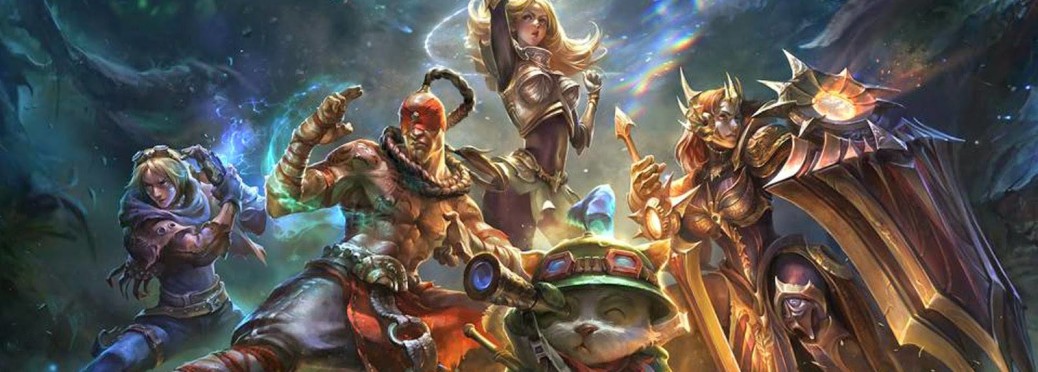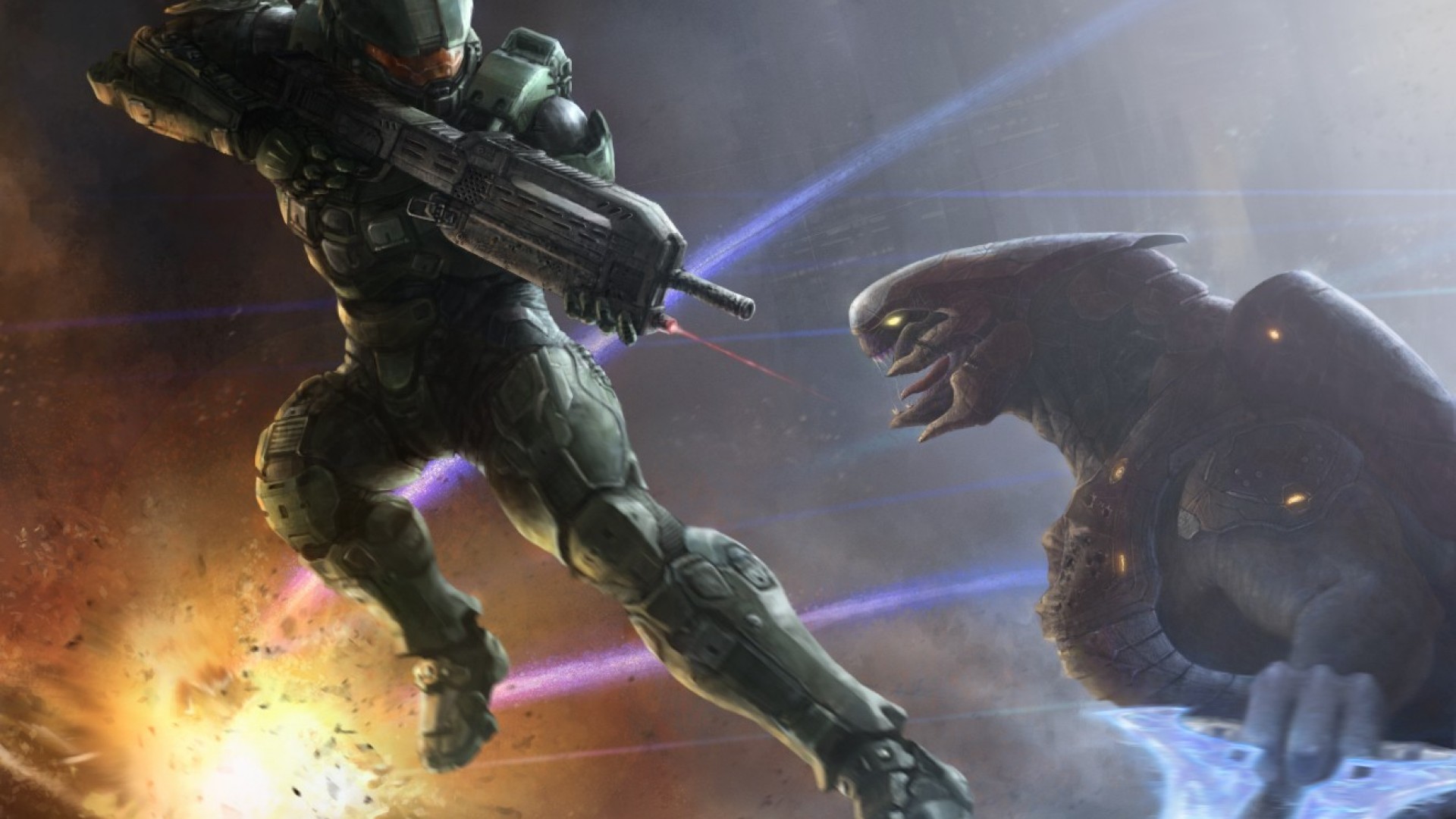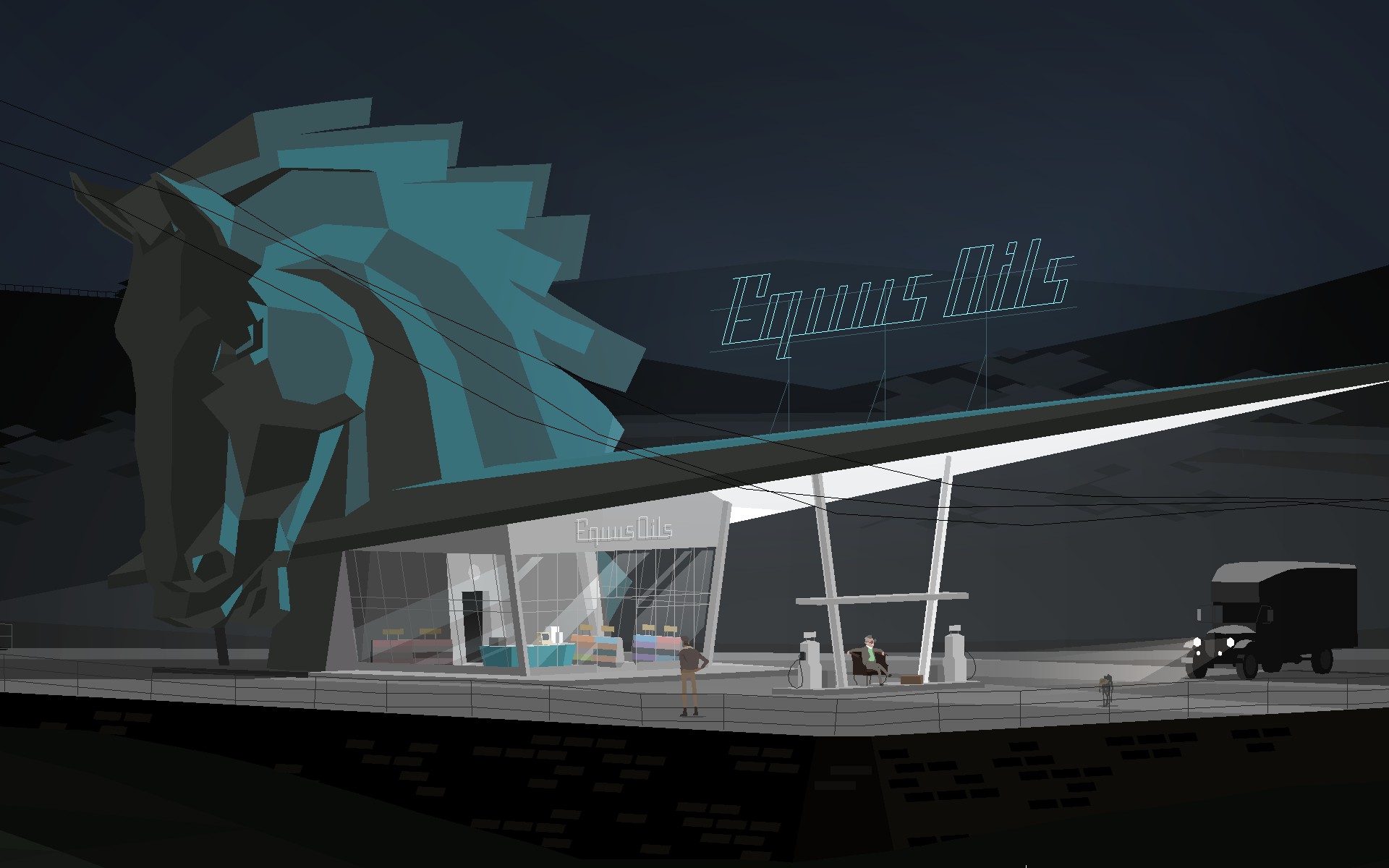Through video games, and in particular, the game League of Legends, we can become conscious of and nurture our inner child.
By Annie Krueger
The Aches of Childhood
For my eighth birthday my mom promised to take me out to a restaurant for a special birthday lunch. Having five siblings, getting alone time with Mom didn’t happen too often. I was thrilled. The day of my special lunch arrived. I left school and waited at the edge of the parking lot, ecstatic. There I waited. And waited. And waited some more. The minutes ticked by and I grew worried. As my spirits fell, so did the tears.
My mother had forgotten me.
Emotional trauma is a part of every childhood and these experiences don’t vanish as we age. They become a part of us, an aspect of the unconscious. Without you realizing it, your inner child influences your life. Through video games, and in particular, the game League of Legends, we can become conscious of and nurture our inner child.
League of Legends
League of Legends is a multiplayer online battle arena game, or MOBA, meaning that two teams of five players fight to destroy the other team’s base. Each player plays as one of 125 characters and has a specific role within the team. Together the team strategizes and works to capture the enemy’s base, like a virtual game of capture the flag. Through its clear restrictions and rewards, as well as its ability to give people a shared purpose, League of Legends brings out the inner child.
The Inner Child
“To become adults, we’ve been taught that our inner child–representing our child-like capacity for innocence, wonder, awe, joy, sensitivity and playfulness–must be stifled, quarantined or even killed. The inner child comprises and potentiates these positive qualities. But it also holds our accumulated childhood hurts, traumas, fears and angers.”
Steven Diamond
The inner child is a psychological principle regarding our unconscious urges and decisions.When our inner child takes over, choices are made based off of the remnants of past childhood experiences. The psychologist Carl Jung viewed what he called this “child archetype” as an individual’s link to their past, a way to help people recall childhood experiences and emotions.As we transition from adolescent to adult the child aspect retreats into the unconscious, where it continues to exist.
The psychologist Steven Diamond wrote, “Commonly, destructive behavior in adults bears the impetuous, impulsive quality of childish petulance or narcissistic temper tantrums. Or an infantile neediness, dependency, and dread of abandonment.”
We all have this inner child within us, as Dr. Diamond explains in his paper, “The Essential Secrets of Psychotherapy: The Inner Child”:
“As adults, we futilely attempt to force others into fulfilling these infantile needs for us. But this is doomed to failure. What we didn’t sufficiently receive in the past from our parents as children must be confronted in the present, painful though it may be. The past traumas, sadness, disappointments and depression cannot be changed and must be accepted… What was done cannot be undone. We should not as adults now expect others to meet all of these unfulfilled childhood needs.”
To stay mentally healthy we must acknowledge the existence of our infantile wants and needs and discipline ourselves. Diamond says, “the adult part of the personality needs to learn to relate to the inner child exactly as a good parent relates to a flesh-and-blood child, providing discipline, limits, boundaries and structure.”
We must each provide stability for our inner child, in a sense, we must parent ourselves. Gaming gives the structure, boundaries, and discipline we unconsciously seek. League of Legends nurtures the inner child through clear objectives and rewards.
Clear Objectives and Rewards
“When you strip away the genre differences and the technological complexities, all games share four defining traits: a goal, rules, a feedback system, and voluntary participation”
Jane McGonigal, Reality is Broken
Within the community of League of Legends there are strict social rules that upstanding players adhere to, mimicking reality. In gameplay,League of Legends is reminiscent of strategizing on the playground. Players join forces with people they’ve never met before and are forced to socialize in a confined space.
The game is built to allow creativity and strategy within its structure. Each player chooses their own character and role. Each role itself has a specific purpose. If you are a support, or healer, then you are expected to avoid killing enemy champions. As a support you are meant to sacrifice your potential kills to your fellow teammates (and thus the gold and experience connected to them). Thus, supports have far lower scores and are not prestigious roles within the community. Yet they are indispensable. Like the necessity of social workers and garbage collectors, having a support on your team in League of Legends is essential.
These strict social rules within League of Legends are a reflection of reality and similarly have faux pas to avoid. Ideally, in our corporeal existence we would receive acknowledgment for our hard work and skill. This doesn’t always happen. In fact, it’s part of growing up—you won’t get an award for changing a diaper, taking care of a sick relative, or going to work at 8 a.m. every day.
Video games give rewards where life doesn’t. The structure of the game mimics life in a way that is simple and easier to understand. In League of Legends, players earn gold by killing enemies and assisting the team in killing enemies. This gold is used to buy items and to gain strength, durability, speed, etc. If mistakes are made there are distinct consequences—a death on one’s team gives the enemy gold.
Freedom and Stability
Many adults ache for the simplicity of childhood. This craving for days of yore is better known as nostalgia. In 2013, Erica Hepper, a psychologist at the University of Surrey, found that of the age groups she tested, young adults felt nostalgia stronger and more often. It fits that people in their twenties, college students and young professionals with turbulent and unsettled lives, respond strongest to safety of childhood.
The average age for League of Legends players is between16 and 25, the cusp of adulthood, and edge of childhood. It returns adults to playground games. The ability to run wild on the map, to strategize and to create order within a strict set of rules gives players the freedom they like within the stability they desperately seek. In this way League of Legends is fueled by nostalgia.
Conclusion
“If you are a gamer, it’s time to get over any regret you might feel about spending so much time playing games. You have not been wasting your time. You have been building up a wealth of virtual experience that… can teach you about your true self: what your core strengths are, what really motivates you, and what make you happiest.”
Jane McGonigal, Reality is Broken.
It is necessary to provide stability for the inner child. Emotional trauma is a part of childhood, but these experiences don’t vanish when we grow up. We must parent ourselves. Gaming gives the inner child the structures, boundaries, and discipline that we unconsciously pursue. The rules within League of Legends create the stability players desperately seek and in this way help players become conscious of their inner child.
Video games are what we make of them. Like any art, we as the participants impart meaning upon the work. It is our own choice whether we allow games to impact us positively or negatively. Even though our inner child emerges through gameplay, this doesn’t mean we are at the mercy of some impetuous, hulk-like beast. Part of becoming an adult is learning how to be aware of and to care for our unconscious selves. Through playing League of Legends we can create a healing bridge between our adult lives and the inner child.



